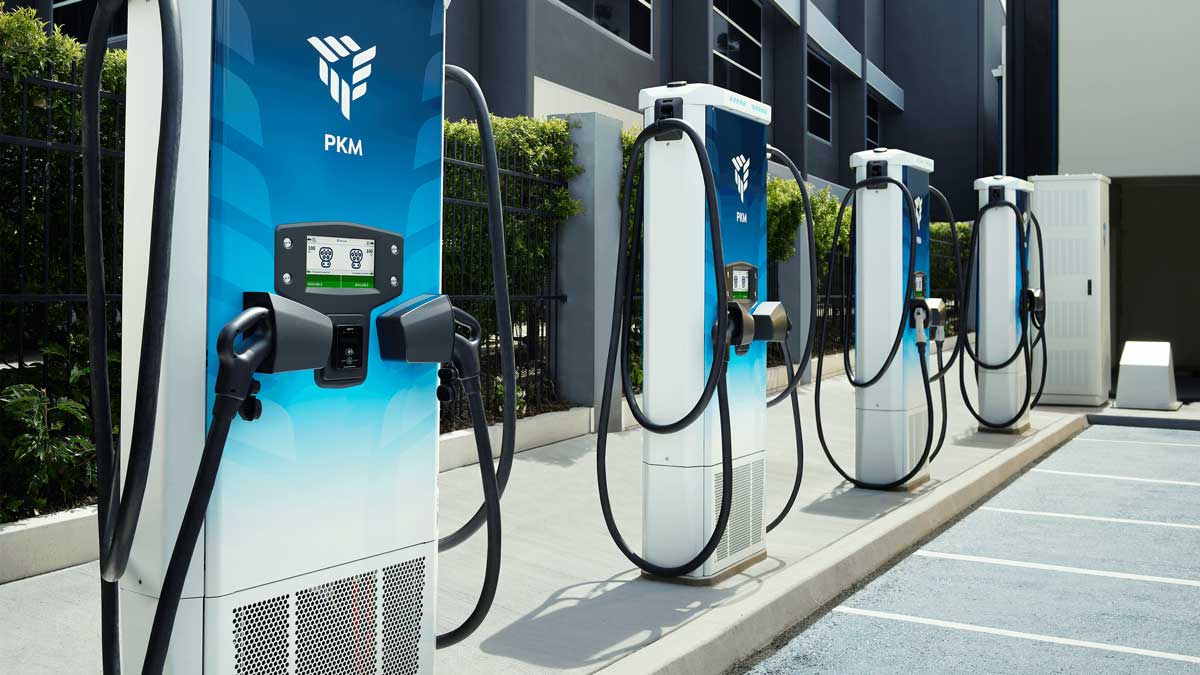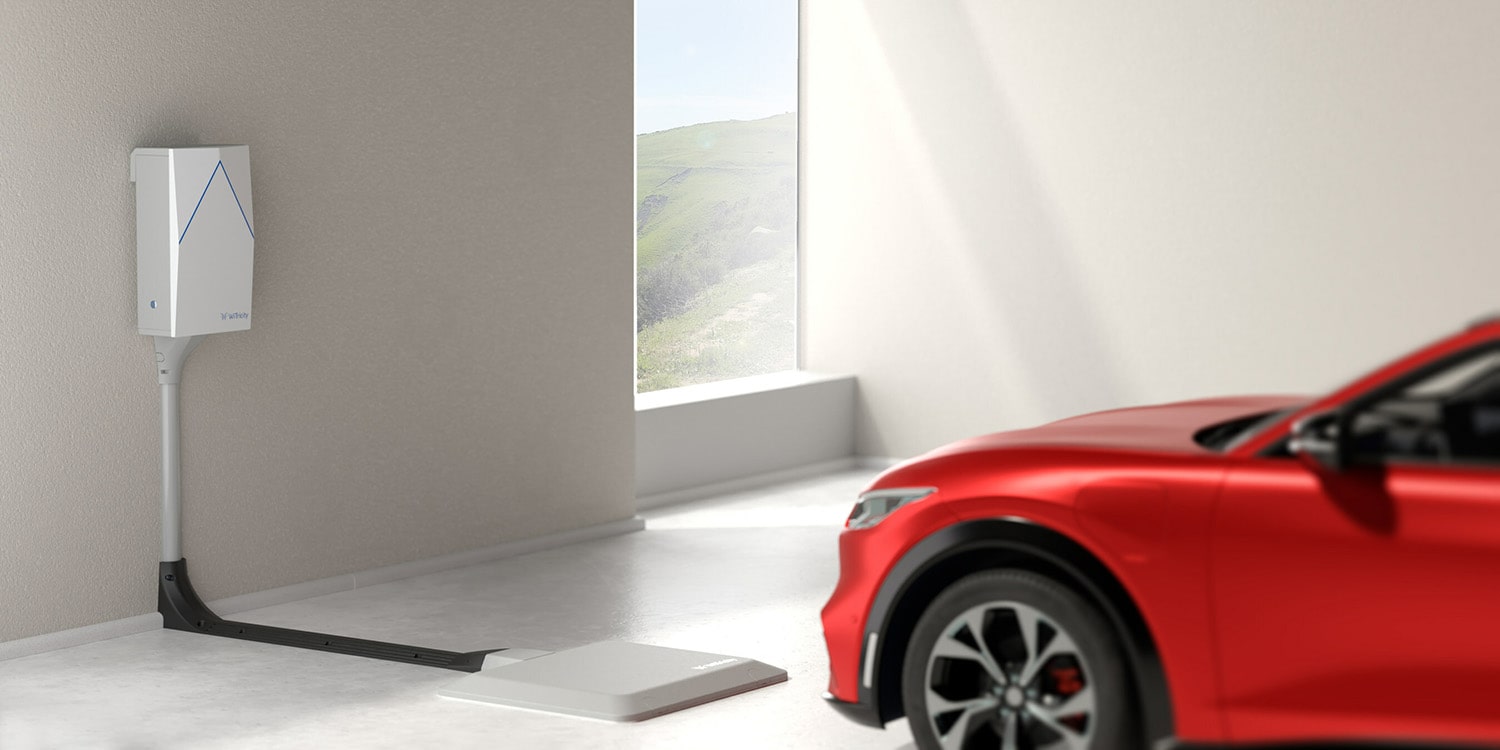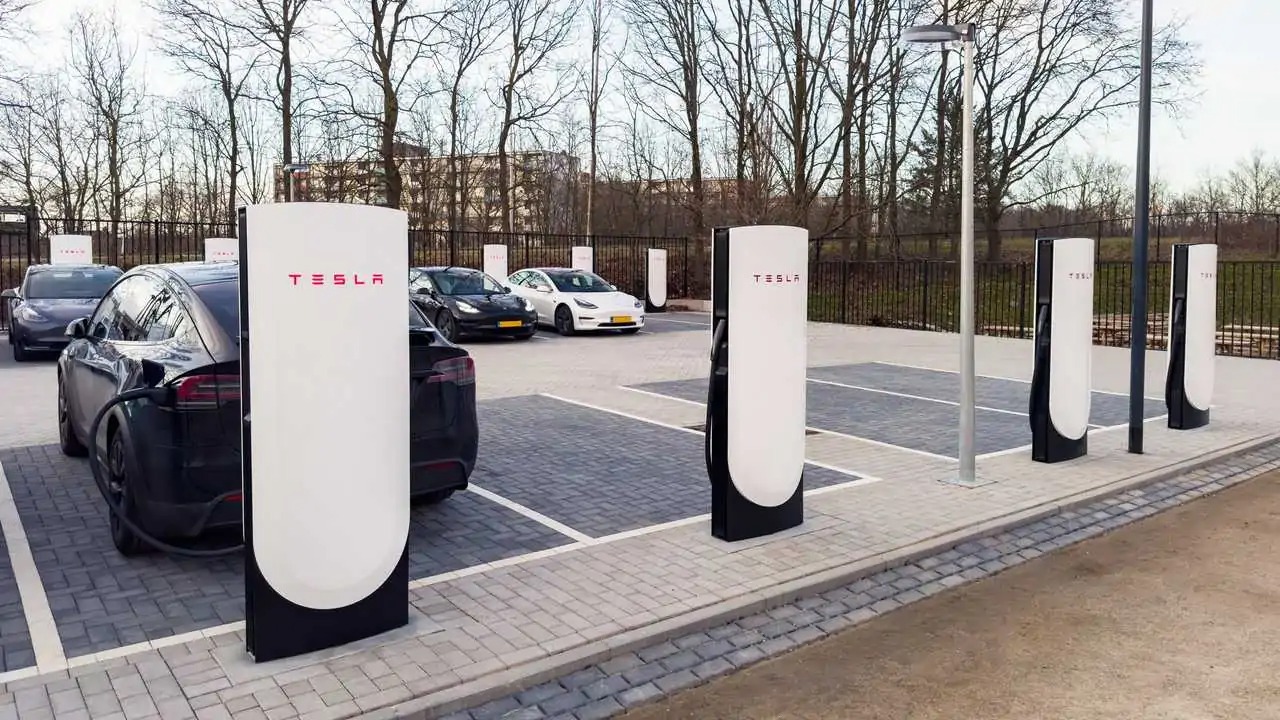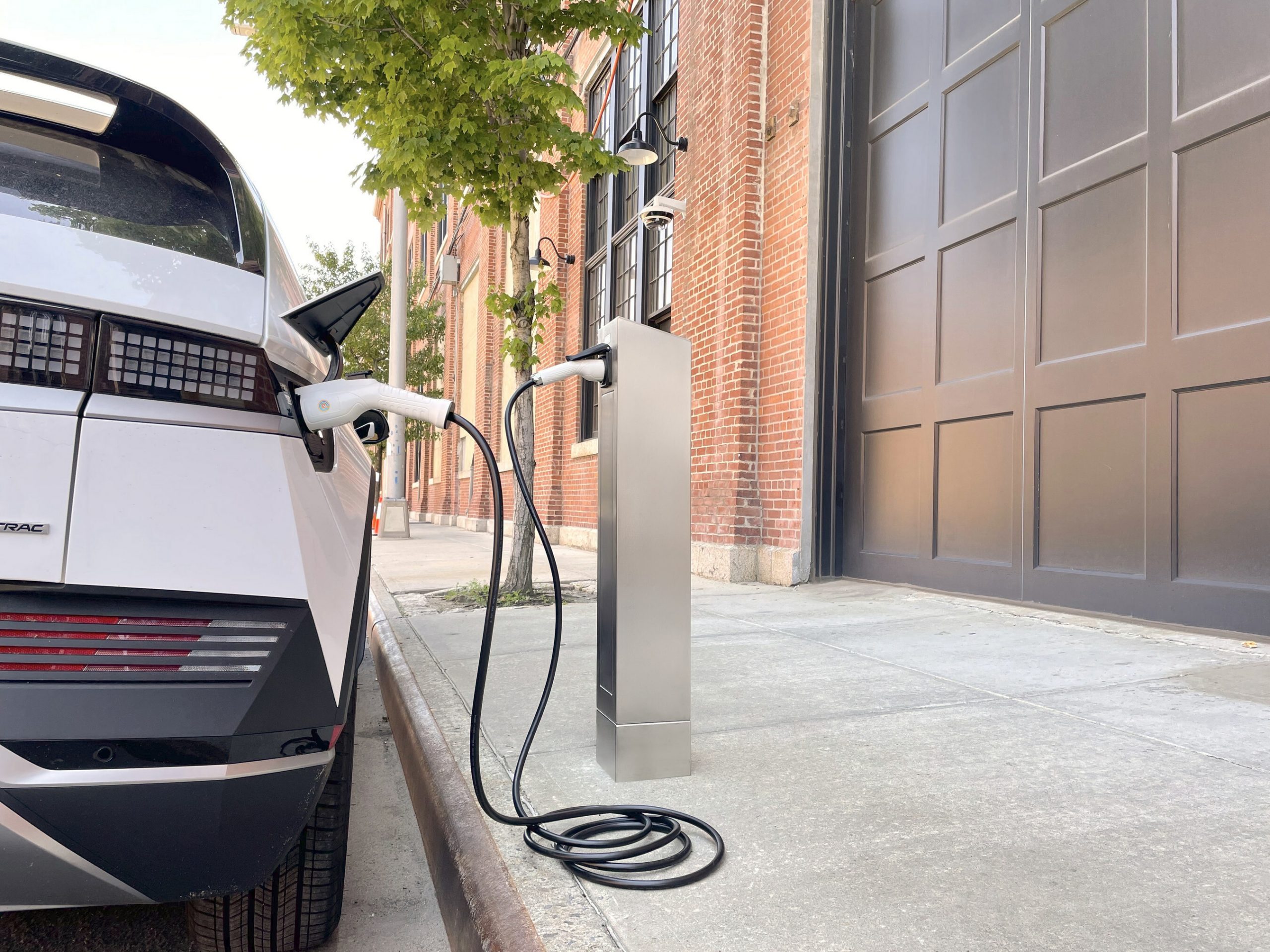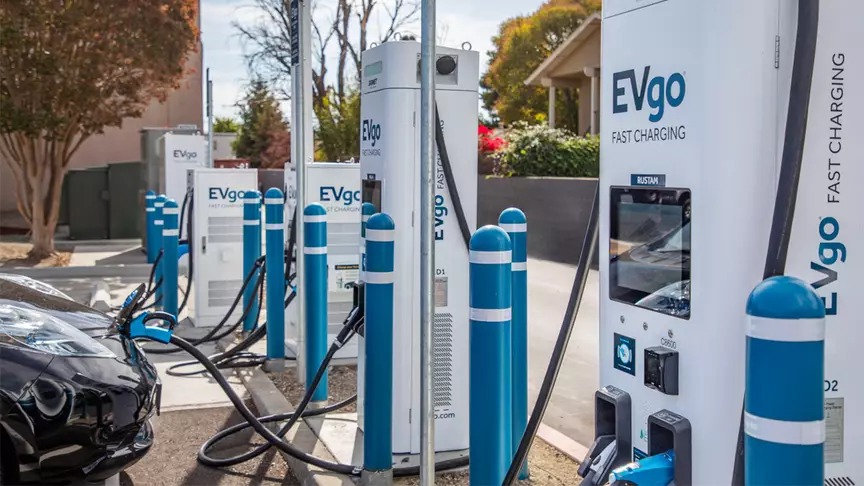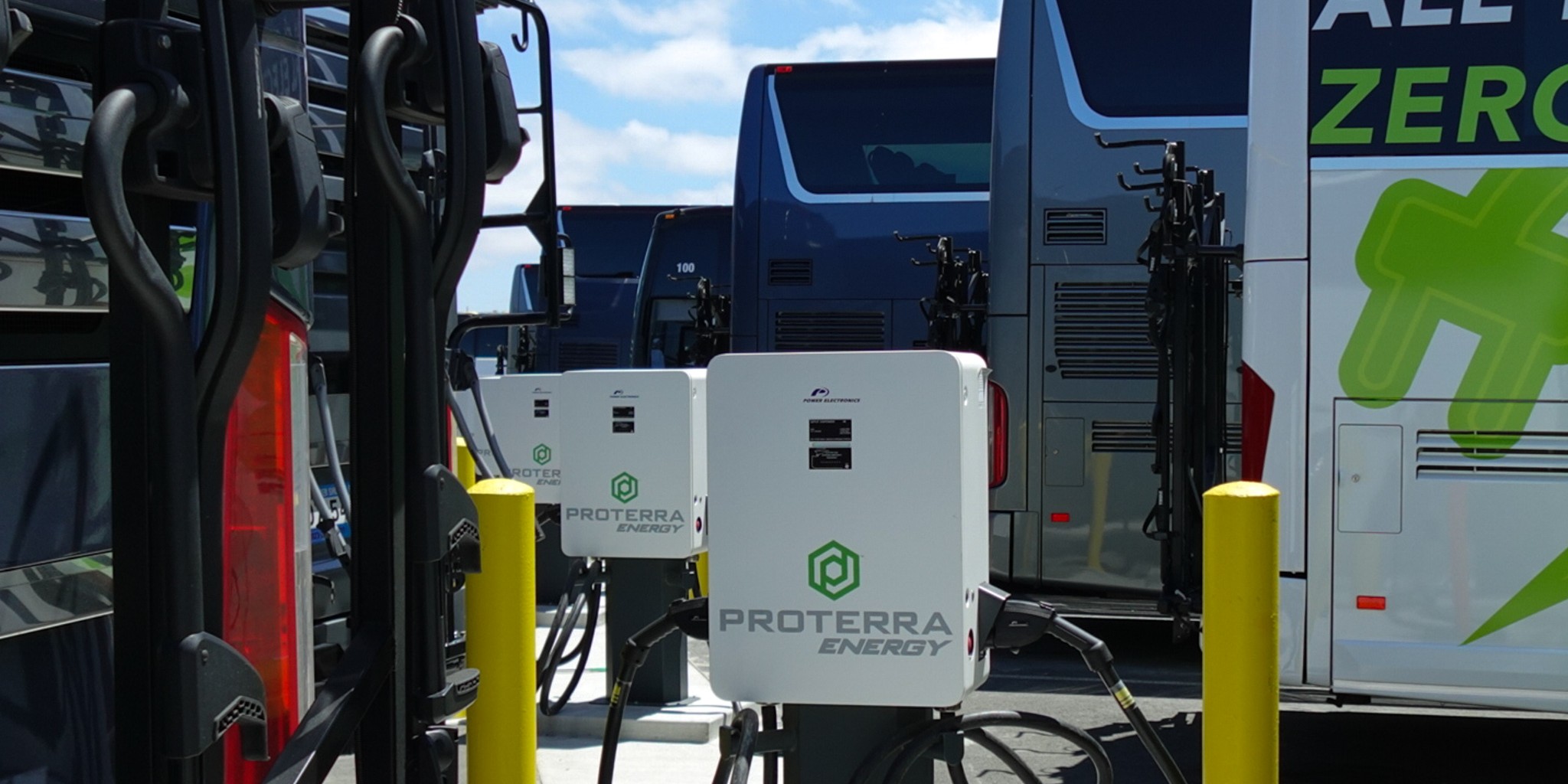In a significant step towards expanding the charging infrastructure for electric vehicles (EVs) and promoting their adoption, Tritium DCFC has been awarded a contract by the state of Hawaii to manufacture high-speed EV chargers. This order marks the first deployment of funds under the National Electric Vehicle Infrastructure Program (NEVI), a federal initiative aimed at establishing a widespread network of charging stations across the country.
Under NEVI, the United States government plans to allocate $5 billion to states over a five-year period, with the objective of electrifying highways and interstates through the installation of 500,000 chargers. Hawaii, which gained access to $2.6 million in funding during the initial round, has chosen to purchase 32 150-kilowatt Tritium chargers and 16 power units.
See also: Tritium DCFC Limited to Create Over 250 Jobs in Tennessee Factory Following ISO Certifications
Tritium, headquartered in Brisbane, Australia, highlighted that these high-speed chargers are expected to be among the first to be funded and implemented as part of the NEVI program. The procurement process for charging infrastructure is currently underway in various states, such as Ohio and Texas, with Hawaii being an exception. The state utilized an existing contract with Sustainability Partners, an infrastructure-focused public benefit company, to place the order.
Hawaii is projected to receive a total of over $17.6 million in funding under the NEVI program. This federal support is crucial to President Joe Biden’s commitment to combat climate change and stimulate local employment opportunities.
The funding requirement for companies seeking NEVI funds mandates the inclusion of the U.S. standard Combined Charging System (CCS) in their chargers. However, Hawaii’s decision to proceed with this order comes amidst a debate regarding the charging standards eligible for funding. States like Texas and Washington have expressed their intention to require Tesla’s charging standard, along with CCS, to qualify for the funds, following the widespread acceptance of Tesla’s technology by major automakers.
See also: Shell Selects Tritium as global charger supplier for their fuel stations networks
This move has encountered resistance from certain charging companies, who argue against the immediate adoption of Tesla’s North American Charging Standard (NACS) during the initial funding round. They believe that additional time is necessary to standardize, test, and certify the safety and interoperability of Tesla connectors.
Tritium, on the other hand, has announced its plans to offer NACS connectors on its chargers by late 2023 or early 2024, demonstrating its commitment to ensuring compatibility and convenience for EV owners.

